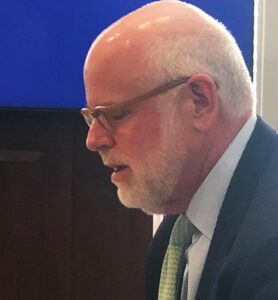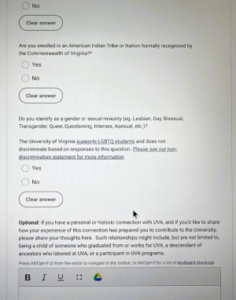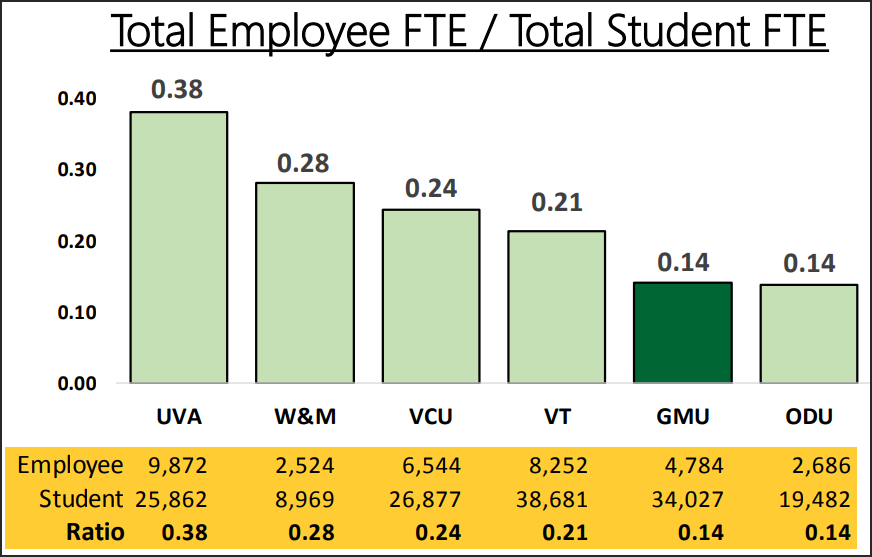
Jason Miyares
by James A. Bacon
The primary duty of board members of Virginia’s public colleges and universities is to the commonwealth, not to the individual institutions, Attorney General Jason Miyares wrote Monday in response to an advisory opinion requested by Governor Glenn Younkin.
According to Miyares’ missive, Youngkin asked whether Virginia law imposes upon boards of visitors “a duty to serve the interests of the university or college only, or the Commonwealth more broadly.”
“Although they extend services to non-residents, Virginia’s institutions of higher education exist to fulfill the commonwealth’s commitment to provide education to the students of Virginia,” the AG answered. “It is clear that the boards of visitors serving them, as public officers of the state, have a duty to the Commonwealth as a whole.”
The letter does not elucidate the particular circumstances that led to the request for clarification, but the issue of board members’ primary duty did arise during the September 2023 meeting of the University of Virginia Board of Visitors meeting. Rector Robert Hardie had invited Clayton Rose, former president of Bowdoin College and currently a Harvard University professor, to lead a discussion of “best practices in board governance.” (See our coverage here.) Continue reading




 by James A. Bacon
by James A. Bacon



